Product Detail
Product NameNGAL Antibody
Clone No.AH22-11
Host SpeciesMouse
ClonalityMonoclonal
ApplicationsWB, ICC, IHC
Species ReactivityHu
Immunogen Descrecombinant protein
ConjugateUnconjugated
Other Names24p3 antibody
25 kDa alpha 2 microglobulin related subunit of MMP9 antibody
25 kDa alpha-2-microglobulin-related subunit of MMP-9 antibody
Alpha 2 microglobulin related protein antibody
HGNC:6526 antibody
HNL antibody
Lcn 2 antibody
Lcn2 antibody
Lipocalin-2 antibody
Migration stimulating factor inhibitor antibody
MSFI antibody
Neutrophil gelatinase associated lipocalin antibody
Neutrophil gelatinase associated lipocalin precursor antibody
Neutrophil gelatinase-associated lipocalin antibody
NGAL antibody
NGAL_HUMAN antibody
Oncogene 24p3 antibody
Oncogenic lipocalin 24p3 antibody
p25 antibody
Siderocalin antibody
siderocalin LCN2 antibody
SV40 induced 24P3 protein antibody
Uterocalin antibody
Accession NoSwiss-Prot#:P80188
Uniprot
P80188
Gene ID
3934;
Calculated MW22 kDa
Formulation1*TBS (pH7.4), 1%BSA, 40%Glycerol. Preservative: 0.11% Sodium Azide.
StorageStore at -20˚C
Application Details
WB: 1:1,000
IHC: 1:50-1:200
ICC: 1:50-1:200
Immunohistochemical analysis of paraffin-embedded human spleen tissue using anti-NGAL Tubulin antibody. Counter stained with hematoxylin.
Immunohistochemical analysis of paraffin-embedded human stomach cancer tissue using anti-NGAL antibody. Counter stained with hematoxylin.
Immunohistochemical analysis of paraffin-embedded huamn liver tissue using anti-NGAL antibody. Counter stained with hematoxylin.
ICC staining NGAL in A431 cells (red). The nuclear counter stain is DAPI (blue). Cells were fixed in paraformaldehyde, permeabilised with 0.25% Triton X100/PBS.
ICC staining NGAL in NIH-3T3 cells (red). The nuclear counter stain is DAPI (blue). Cells were fixed in paraformaldehyde, permeabilised with 0.25% Triton X100/PBS.
ICC staining NGAL in SW480 cells (red). The nuclear counter stain is DAPI (blue).Cells were fixed in paraformaldehyde, permeabilised with 0.25% Triton X100/PBS.
In addition to the monomeric mammalian progelatinase, two additional forms of progelatinase have been identified. The shorter of these additional forms is a covalently linked, disulfide-bridged protein that heterodimerizes with a short protein; an α2-Microglobulin-related protein known as neutrophil gelatinase-associated lipocalin (NGAL), which is moderately expressed in breast and lung tissues. NGAL belongs to the lipocalin family and has a high degree of similarity with rat α2-Microglobulin-related protein and mouse protein 24p3. NGAL is able to bind a derivative of the bacterial chemotactic peptide, suggesting that it has important immuno-modulatory functions. NGAL has been described as an inflammatory protein; it is released into the circulation as a result of the inflammatory activation of leukocytes initiated by the extra-corporeal circulation. In addition, NGAL synthesis is induced in epithelial cells in inflammatory and neoplastic colorectal diseases. In conclusion, NGAL may serve as a scavenger of bacterial products to function in the anti-inflammatory process.
If you have published an article using product 48378, please notify us so that we can cite your literature.


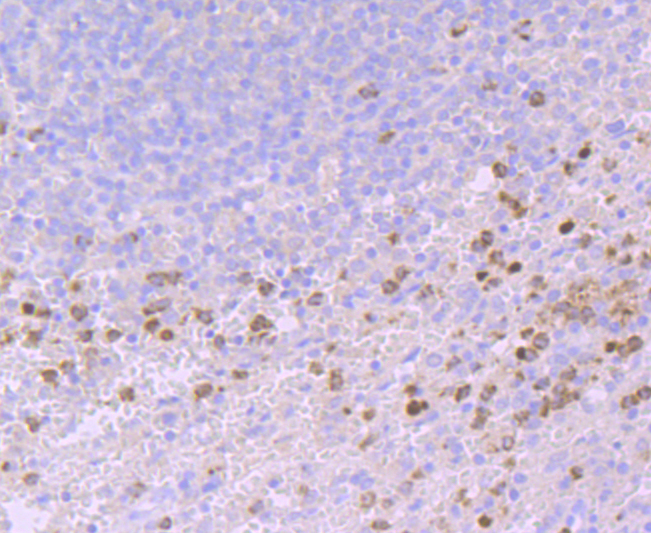
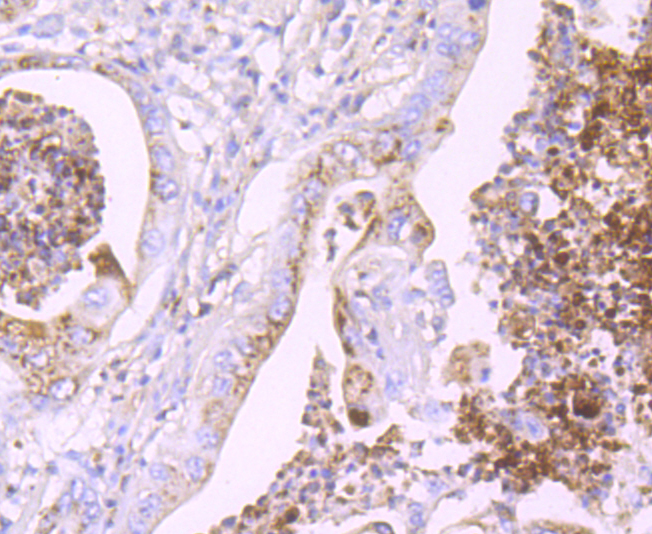
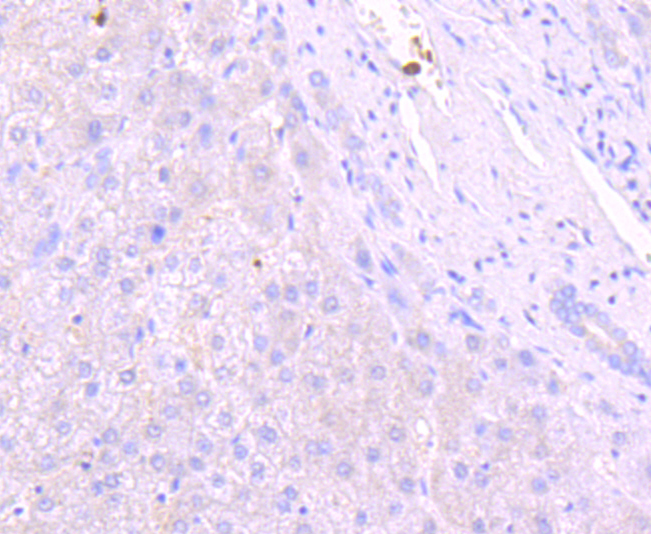
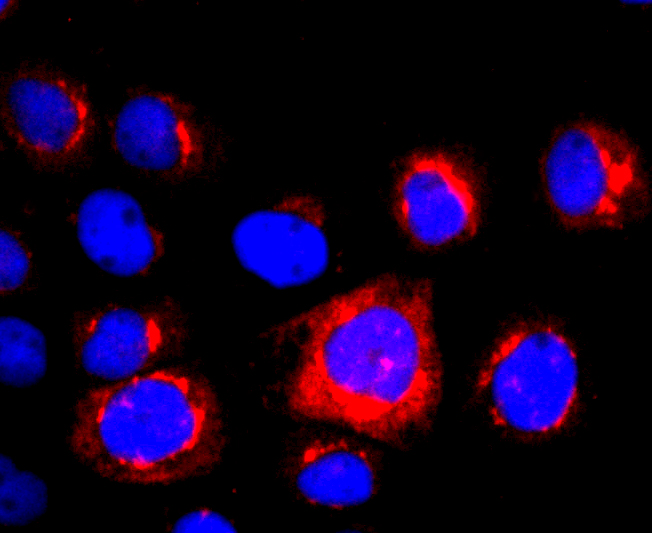
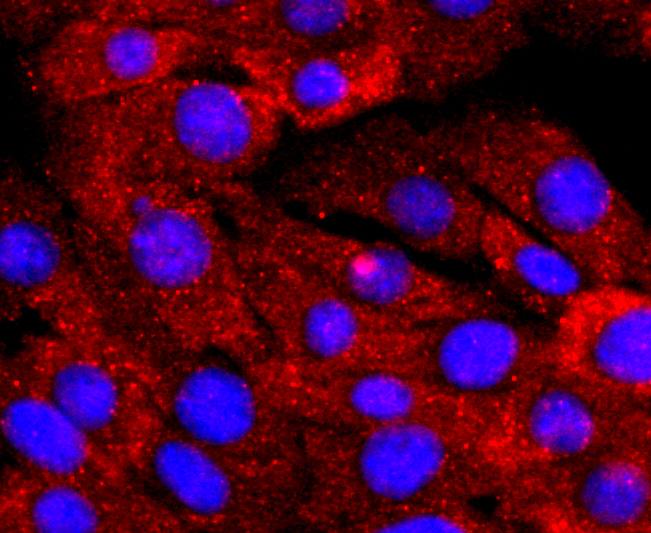

 Yes
Yes



